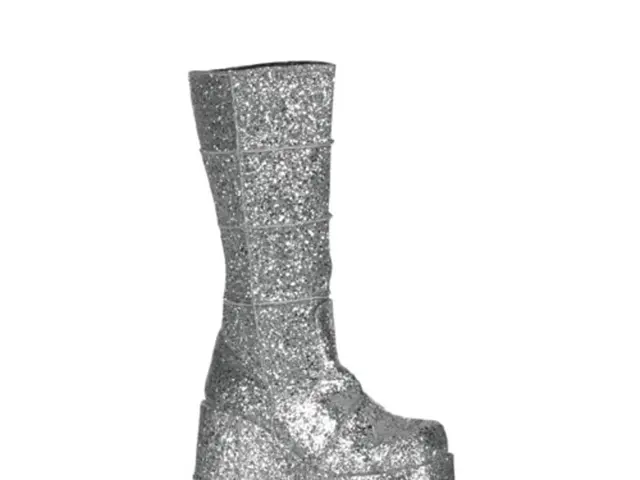Daily Life Comparison: Bluetooth or Wi-Fi: Which Wireless Technology Prevails?
In the realm of wireless technology, two names consistently surface as the go-to options for connecting devices: Wi-Fi and Bluetooth. Both technologies have their unique strengths, making them suitable for different use cases.
Wi-Fi, a longer-range, high-bandwidth technology, is the preferred choice for large-scale networking and fast internet access. It is designed to cover much larger areas, making it perfect for situations where a reliable connection is needed across an entire home, office, or public space. Wi-Fi networks are essential for creating a network of connected devices or maintaining a steady internet connection across a larger area. They typically support higher data transfer rates, making them better suited for high-bandwidth activities like streaming high-definition videos, downloading large files, or gaming online[1][3].
On the other hand, Bluetooth is better suited for short-range, low-power applications. It is designed to enable wireless communication between devices that are close to each other, such as connecting headphones, keyboards, or smartphones. Bluetooth consumes less power and is simpler to use but supports fewer connected devices and has a shorter range. This makes it ideal for personal area networks and simple data transfers between nearby devices[1][3].
The table below summarises the key differences between Wi-Fi and Bluetooth:
| Feature | Bluetooth | Wi-Fi | |------------------------------|---------------------------------|-----------------------------------| | Range | Short (typically up to 10 meters) | Longer (up to 100 meters or more) | | Power Consumption | Low | Higher | | Data Transfer Speed | Lower (up to a few Mbps) | Higher (tens to hundreds of Mbps or more) | | Number of Devices Supported | Limited | Many | | Use Case | Short-range device connections, low power | Large networks, fast internet access, many devices |
In summary, Wi-Fi excels in providing fast internet access and supporting large-scale networks with many users over a wider range. Bluetooth, on the other hand, is optimal for energy-efficient, short-distance communication between a limited number of devices. This distinction makes Wi-Fi the preferred choice for home and office internet connectivity, while Bluetooth is preferred for peripheral devices and personal area networking.
It is worth noting that both technologies have security features, but their levels of protection can differ significantly. Bluetooth uses pairing processes that require devices to authenticate each other before they can communicate, adding an extra layer of protection. In controlled environments, Bluetooth tends to be more secure than Wi-Fi due to its shorter range and authentication process[1][3]. However, Wi-Fi networks can be more vulnerable to unauthorized access due to their open nature.
In conclusion, whether you need a fast, reliable internet connection for a large network or a simple, energy-efficient way to connect your personal devices, both Wi-Fi and Bluetooth have solutions to fit your needs. Understanding the unique strengths of each technology will help you make the best choice for your wireless connectivity needs.
[1][3] - Wi-Fi is designed to cover much larger areas and is perfect for situations where you need a reliable connection across an entire home, office, or public space. - Wi-Fi is essential for creating a network of connected devices or maintaining a steady internet connection across a larger area. - Wi-Fi networks typically support higher data transfer rates, making them better suited for high-bandwidth activities like streaming high-definition videos, downloading large files, or gaming online. - For connecting personal devices with minimal hassle and power consumption, Bluetooth is the best choice.
Gadgets that utilize tech, such as headphones, keyboards, or smartphones, often use Bluetooth for wireless communication, as it is designed for short-range, low-power applications. On the contrary, technology like Wi-Fi, with its longer range and higher bandwidth, is suitable for large-scale networking and activities requiring fast internet access, like streaming videos, downloading files, or gaming online.






